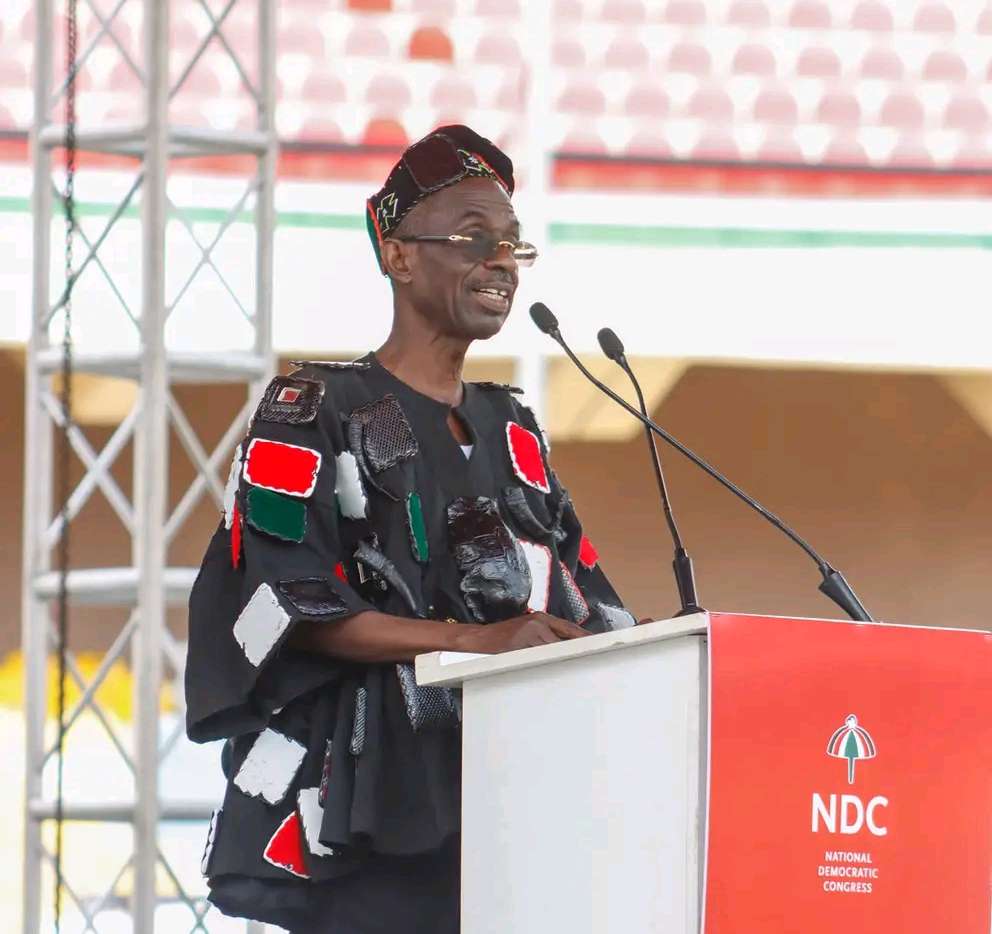In a stunning turn of events, Gen Abdourahmane Tchiani, also known as Omar Tchiani, has declared himself the new leader of Niger after a dramatic coup that commenced on Wednesday.
The coup saw the presidential guards unit, led by Gen Tchiani, seize the country’s leader, President Mohamed Bazoum, who had been Niger’s first elected leader to succeed another since its independence in 1960. While Mr. Bazoum is reportedly in good health, he remains captive, held by his own guards.
Gen Tchiani’s actions have been met with international condemnation, with Western nations, including former colonial power France, refusing to recognize the legitimacy of the coup. France explicitly stated that they only recognize President Bazoum as the head of state and demanded the immediate restoration of constitutional order and democratically elected civilian power.
The African Union, West African regional bloc (Ecowas), the European Union, and the United Nations have also strongly condemned the coup, echoing the call for the return of civilian governance in Niger.
Surprisingly, the leader of Russia’s Wagner mercenary group, Yevgeny Prigozhin, praised the coup as a “triumph” and supported the struggle of the people of Niger against their colonizers. The Wagner group is known to have a presence in several African countries, including the Central African Republic and Mali, with a history of alleged human rights abuses.
Gen Tchiani, 62, had been in charge of the presidential guard since 2011 and had the support of former President Mahamadou Issoufou, who promoted him to the rank of general in 2018. He had previously been linked to a coup attempt in 2015 against the ex-president, but he denied the allegations in court.
Addressing the nation in a televised speech, Gen Tchiani cited insecurity, economic challenges, and corruption as the reasons behind the junta’s takeover. He reassured Niger’s allies that the junta would uphold the country’s international commitments and respect human rights.
However, the junta issued a stern warning to members of the ousted government seeking refuge in foreign embassies, accusing them of plotting against the new leadership. Any attempts to destabilize the junta, they warned, would lead to bloodshed.
As life in the capital, Niamey, appears to return to normal with markets and shops open, civil servants have been instructed to stay home. The coup has generated mixed reactions among Nigeriens, with some questioning the severity of the country’s security situation to justify such a coup, while others have expressed support for the junta.
Niger’s coup is the latest in a series of military takeovers that have plagued the West African region in recent years, with countries like Mali, Guinea, and Burkina Faso witnessing similar events. The coup also poses a significant challenge to the leadership of Ecowas, as President Bola Tinubu had warned recently about the alarming levels of terrorism and coups in West Africa, urging urgent and concerted actions.
There are growing concerns among Western nations about the new leader’s potential alliances, given that neighboring countries like Burkina Faso and Mali have shifted towards closer ties with Russia following their own coups.
This marks Niger’s fifth coup since gaining independence from France in 1960, adding to a history of political instability and unsuccessful takeover attempts in the nation. As the international community closely monitors the situation, the fate of Niger hangs in a delicate balance, with the world watching to see how events unfold in this troubled West African nation.






































